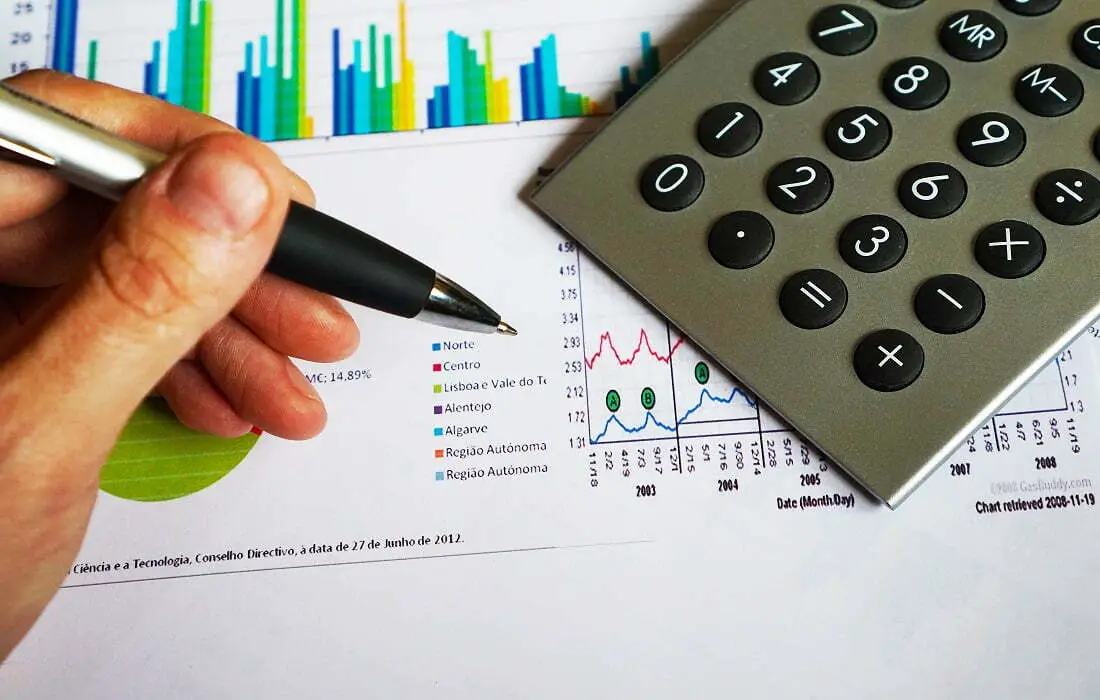The prospect of an event damaging your money, such as a job loss, sickness, a vehicle accident — or a pandemic — can be nerve-racking.
However, if you’re well-prepared, the danger of something costly and out of your control becomes less frightening. Whether you’re struggling with completing your estate planning checklists or coping with a class-action lawsuit, the following advice can help you get through a financial crisis.
Make a Financial Plan
You won’t know how much money you need for an emergency fund if you don’t know how much money you have coming in and going out each month. You also have no notion if you’re living within your means or overextending yourself if you don’t set a budget.
A budget isn’t a parent. It can’t and won’t make you alter your ways, but it is an excellent tool for determining if you’re satisfied with where your money is going and where you are financial.
Reduce Your Monthly Expenses
You’ll have to start slashing any expenses that aren’t necessary. When money is tight, you’ll have less trouble paying your bills if you can reduce your recurrent monthly spending as low as possible.
Begin by reviewing your budget to see where you are already spending more money than is required. Do you, for example, have a monthly charge for your bank account? Learn how to cancel or move to a lower-cost phone plan and how to switch to a bank that provides free checking.
Perhaps you tend to keep the heater or air conditioner on while you aren’t home or leave lights on in places you don’t use. You may be able to save money on your energy costs.
Now is also an excellent time to check around for reduced insurance rates and see whether certain forms of insurance, such as vehicle insurance, may be canceled in the case of an emergency. Some insurance companies may grant you an extension, so familiarize yourself with the process and be prepared.
Work to Get Out of Debt
Make a strategy to pay off credit card balances, school loans, personal loans, vehicle loans, and any other outstanding debts so you can put that money back in your pocket. Pay off your high-interest debt first, like credit card debt. While you’re paying off one obligation, remember to make the minimum payments on all your other bills to maintain your credit in good standing.
Set Automatic Drafts to Your Savings Account
Savings might be challenging to prioritize, but we all know it is necessary to prepare for a personal financial catastrophe. Automating your savings is the most straightforward approach to ensure that you save money every month.
If you are paid on the 10th of every month, for example, you might set up a regular transfer from your checking account to a savings account on the 15th. To avoid overdrawing your account, make sure this transfer amount is within your budget.
You’ll be tempted to delve into your funds, but you should avoid doing so unless you’re in a financial emergency. Keep your money in a separate bank or credit union to make withdrawals more difficult.
Consider putting your emergency cash in a high-yield savings or money market account (MMA). Both of these accounts provide a greater interest rate than your bank’s ordinary savings accounts.
Unless you’re in a genuine financial emergency, leave your funds alone wherever you save them.
Look at Your Non-Cash Assets
Identifying all your alternatives might be part of being prepared. If you need to travel, take advantage of frequent-flyer points you can use. Eat leftovers and avoid restaurants to save money on groceries and dining expenses.
Gift cards, credit card points, and other rewards are all assets that may help you save money regularly, but only if you know what you have and how to put it to good use. Knowing what you have might also help you avoid purchasing items you don’t need.
Supplement Your Income
Selling items you no longer use online or in a yard sale, babysitting, pursuing credit card and banking bonuses, freelancing, or finding a second job are all options for making additional money.
Although the money you receive from these activities may seem modest compared to what you earn from your main work, even small sums might build up to pay off something important over time.
Examine Your Insurance Policy
These are apparent improvements you may make to cut your monthly payments if you have too much insurance — or if you could receive the same coverage from another carrier for a lower price.
On the other hand, having good insurance coverage may save one disaster from heaping on top of another. It’s also important to double-check that you have the coverage you need, not just the bare minimum.
If you have a severe illness or accident that keeps you from working, a disability insurance policy is a must, and an umbrella policy may fill up the gaps where your other plans fall short.

How can I get out of a financial bind?
Make a list of your highest costs and handle it one step at a time. This usually implies that your top financial priorities are food, housing, and transportation.
If you’re facing a financial crisis due to a job loss or decreased salary, look into any available financial aid programs, including applying for unemployment benefits if you’re qualified.
If you genuinely have no other option than to file for bankruptcy, carefully evaluate the consequences with a financial service professional, including which sorts of debts you can and can’t discharge and how long it will take you to recover from this legal action. Bankruptcy should only be used as a last option.
It’s impossible to know what the future holds, but you can reduce the likelihood of a catastrophe by planning ahead and exercising caution. A possible financial crisis may be reduced to a little inconvenience if you have done your homework and made the necessary arrangements ahead of time.
Imani Francies writes and researches for the legal site, FreeAdvice.com. She enjoys helping others create a financial plan to reduce their debts, save more income, and save on bills like their insurance policies.
